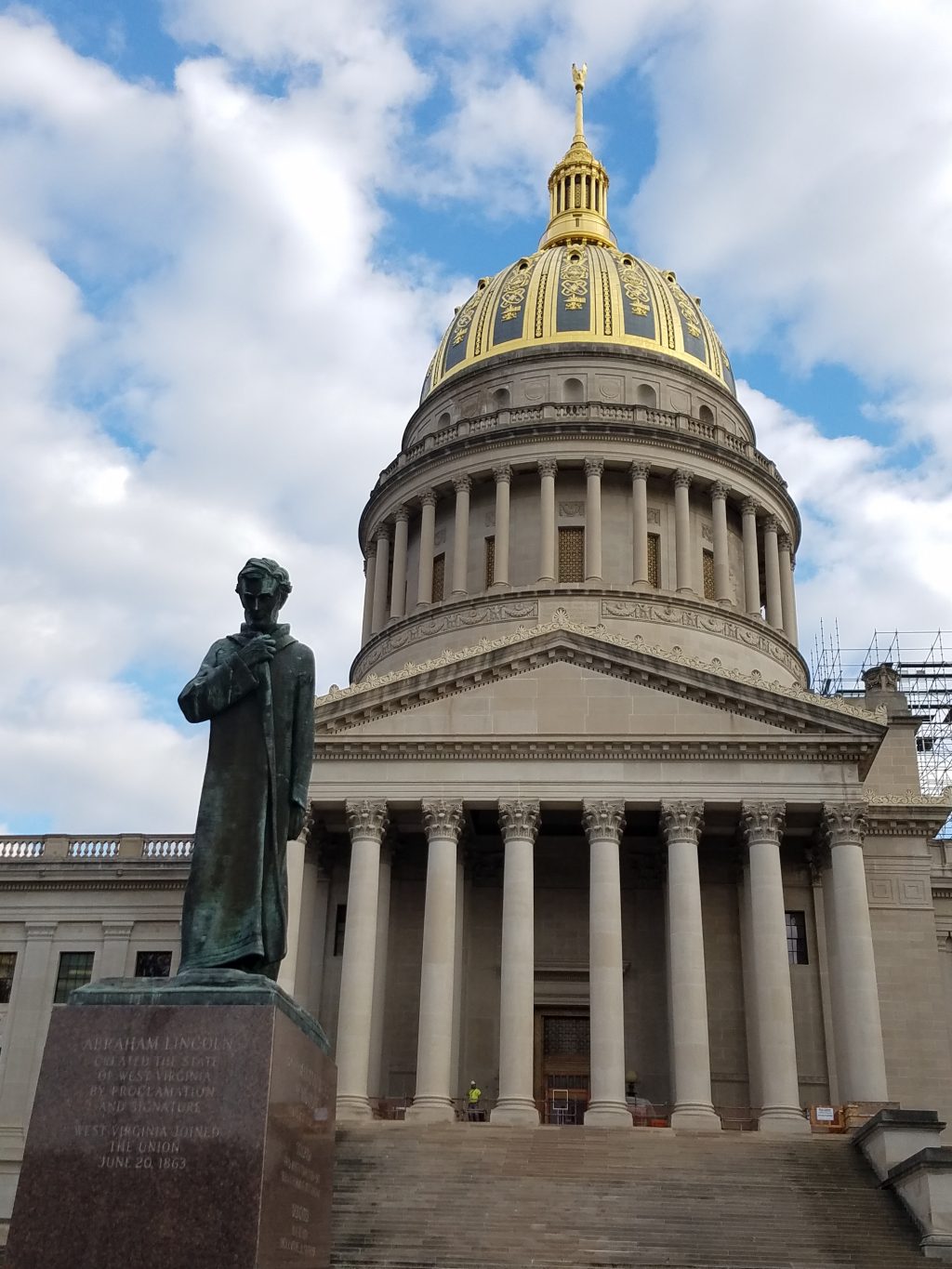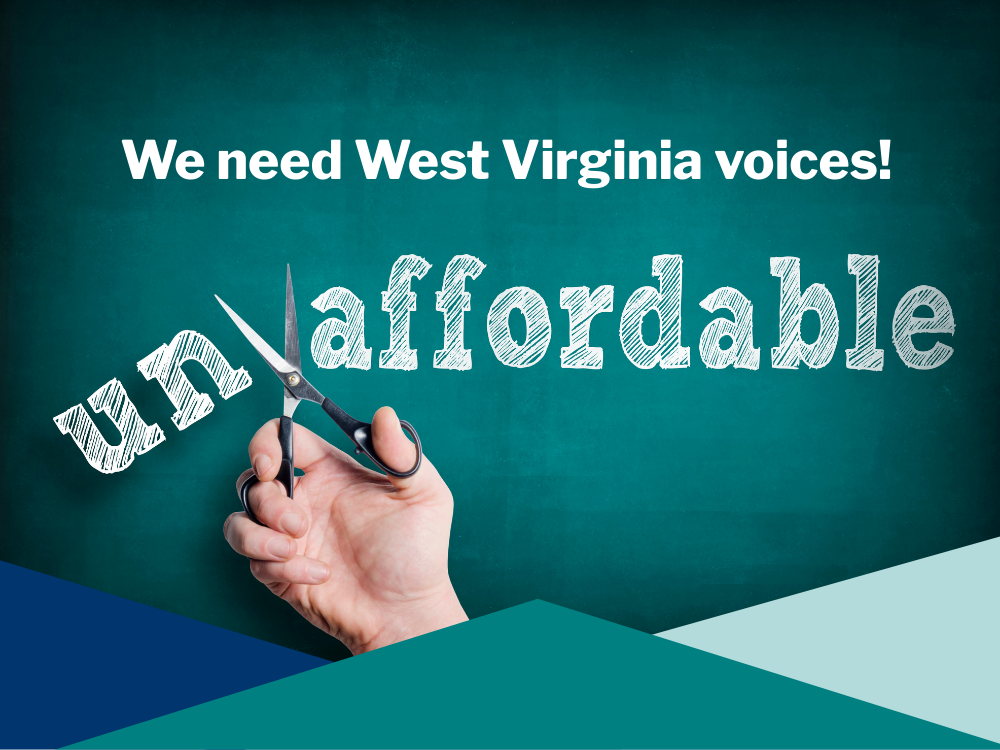- Like
- Digg
- Del
- Tumblr
- VKontakte
- Buffer
- Love This
- Odnoklassniki
- Meneame
- Blogger
- Amazon
- Yahoo Mail
- Gmail
- AOL
- Newsvine
- HackerNews
- Evernote
- MySpace
- Mail.ru
- Viadeo
- Line
- Comments
- Yummly
- SMS
- Viber
- Telegram
- Subscribe
- Skype
- Facebook Messenger
- Kakao
- LiveJournal
- Yammer
- Edgar
- Fintel
- Mix
- Instapaper
- Copy Link
As we approach crossover day, here’s an update on where various election and courts bills are in the legislative process.
Let’s start with courts. Last week we wrote about two bills related to our civil justice system.
SB 560, which would have placed a $1 million cap on damages for victims of physical, mental and sexual abuse in our schools was tabled by the Senate Judiciary Committee in favor of a study looking into the operations of the Board of Risk and Insurance Management (BRIM), and the handling of claims filed against entities covered by BRIM. SB 560 was proposed because BRIM had to raise premiums for liability insurance at an insane rate for county boards of education because of cases against public and private schools.
Meanwhile, the House Judiciary Committee advanced a watered down version of a bill (HB 3270) that would set a cap on how much workers or their families can recover as compensation for noneconomic losses when an employer ignores safety hazards that lead to severe injury or death. More details on the proposed compromise regarding “deliberate intent” here.
Related to courts more generally, the Senate’s judicial redistricting bill, SB 482, has stalled in the Finance Committee. However, bills (HB 3330, HB 3331, and HB 3332) to modify the number and allocation of circuit court judges, family court judges, and magistrates to be elected in the 2024 general election, and to provide for additional support staff in our family courts and magistrate courts are now moving in the House. The WV Legislature Today recently spoke with Beth Walker, Chief Justice of the WV Supreme Court of Appeals, and the chairs of the Senate and House Judiciary Committees to learn more about the process. Watch or listen here (the segment on judicial redistricting begins just past the 9:30 mark).
Now onto elections: All of the election bills moving in the House seem to have stalled in committee, and with the exception of HB 2782, which would sync municipal elections with statewide primary or general elections, that’s probably a good thing.
Unfortunately, SB 235, which would restore voting rights to people convicted of felony offenses who are under community supervision, like probation or parole, never emerged from the Elections and Public Integrity Subcommittee.
The Senate passed four election bills last week (more on those here and here), for a total of eight so far this session, and is poised to pass one more before Wednesday. All of the bills passed are pending in the House Judiciary Committee. Below is a complete list with brief descriptions.
If you want to see how West Virginia is doing on the election front this session relative to other states, check out this voting laws roundup from the Brennan Center for Justice.
Election Bills Passed (or about to be) by the Senate:
- SB 50 would make the requirements for filling a vacancy in the Legislature consistent with the constitutional requirement that “No person shall be a senator or delegate who has not for one year preceding his election, been a resident within the district or county from which he is elected.”
- SB 234 sets a uniform statewide deadline of 11:59 p.m. on the final day of registration for online voter registrations, instead of having it be the “close of business”, which varies from county to county.
- SB 508 raises the spending limits that require individuals and organizations to file disclosures with the state Ethics Commission regarding grassroots lobbying campaigns. Grassroots lobbying is when groups or individuals spend money on advertising or other communications to urge members of the public to contact the Legislature in order to influence how they will vote on legislation under consideration. SB 508 would raise the spending limits that require registration to $1,000 in one month or more than $5,000 in a three-month period. The names of individual donors would not need to be disclosed unless they contribute $1,000 or more.
- SB 516 would make the dark money being spent to influence our elections darker, by raising the reporting and donor disclosure thresholds for entities that spend money on independent expenditures and electioneering communications during an election. In both instances, the threshold that would require the disclosure of donors who contribute toward these types of expenditures is being raised from $250 to $1,000.
- SB 541, which would modify the certificate of announcement candidates file with the Secretary of State when they decide to run for office so that it includes a comprehensive list of candidate eligibility requirements, will be up for a final vote by the full Senate on Tuesday. The bill also sets a deadline for pre-electoral challenges to candidate eligibility and limits when and how vacancies on the ballot can be filled — vacancies could not be filled if a candidate withdraws “without cause.” Vacancies in nomination that occur due to death, disability, no longer being eligible (i.e. – moved out of the district) or military service could be filled.
- SB 620 would give county commissions and clerks greater discretion to consolidate precincts, which is concerning because it has the potential to create new barriers to voting and exacerbate existing ones.
- SB 631 would facilitate the state’s use of federal money for the purchase of election equipment or security upgrades, including upgrades to physical infrastructure and cyber security, that further the administration of elections held in the state.
- SB 641 clarifies that when a vacancy in the office of magistrate creates an unexpired term of less than three years the vacancy shall be filled by appointment. The Legislature made this change for other judicial offices last year, but the provisions related to filling vacancies for the office for magistrate were overlooked.
- SB 644 changes the jurisdiction of election contests for county, district, and municipal elections to the circuit courts to avoid conflicts of interest that can arise from local officials serving as judges in challenges involving their own elections.



